Subscribe to receive the latest blog posts to your inbox every week.
By subscribing you agree to with our Privacy Policy.
From ancient grain loans in Babylonia to today’s sophisticated digital platforms, finance and banking have continuously evolved alongside human civilization. The journey from quasi-banks to institutional banking reflects mankind’s pursuit of economic progress.
But despite this advancement, a crucial question arises—has traditional banking truly kept pace with the demands of the 21st century?
While technology has certainly transformed banking operations, many legacy systems or Core Banking Solutions (CBS) remain complex and outdated. For established financial institutions, transitioning to modern infrastructure is no small feat.
Amidst these challenges, a new generation of financial entities has emerged—Neobanks. Unlike traditional banks, neobanks operate entirely online without any physical branches. They offer seamless banking services such as account opening, credit issuance, and payments through mobile-first platforms.
Some popular global neobanks include Revolut, Monzo, and Xinja, all of which have reimagined the banking experience for today’s digital consumers.
100% Digital Access via mobile apps, eliminating the need for physical branches
Free Debit Cards with full control through user-friendly interfaces
AI-powered Financial Insights offering smart, real-time expense tracking
Low Operational Costs, leading to competitive fees and better user value
Customer-Centric Designs for enhanced usability and satisfaction
The biggest differentiator is their branchless model, which cuts down infrastructure and staffing costs significantly. This lean setup allows neobanks to offer:
Instant Digital Onboarding: Open a bank account in minutes
International Transactions: Use cards abroad with minimal or zero fees
Real-Time Account Aggregation: Track savings, expenses, and investments in one place
Affordable Credit Access: Loans and credit products with lower interest rates
Add-On Services: Payment processing, invoicing, wealth management, and financial analytics
Neobanks have already gained momentum in developed markets like the UK, Europe, and the US, where users are quick to adopt digital-first experiences. Now, emerging markets such as India are witnessing growing traction as consumers seek faster, more intuitive banking options.
So, has the banking sector evolved? Yes—but not fast enough for today’s digital demands. The emergence of neobanks signals a revolution in financial services, one that prioritizes user experience, automation, and efficiency.
At CARD91, we empower banks, fintechs, and regulated entities to launch and scale neobank-like experiences with speed and agility. Our full-stack infrastructure simplifies everything from onboarding and transaction processing to card issuance and compliance, helping financial institutions stay ahead in the digital age.
If you’re looking to transform banking for your customers, CARD91 is your technology partner for the future.
To know more about our offerings connect with our experts




Sales: sales@card91.io
HR: careers@card91.io
Media: comms@card91.io
Support: support@card91.io